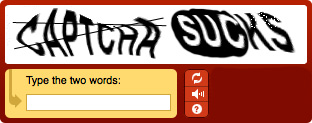The CEO of a startup I helped form recently wrote a bio of me for our website, describing me as an” SEO Guru”. I quickly asked him to change it to “Online Marketing Veteran” because the reputation of our industry has been so besmirched by the get rich quick hucksters who run pyramid schemes and multi-level marketing scams that are designed to prey on the hopes and dreams of desperate people who have been left behind by the new economy.
Their million dollar launches profit from exploiting the weak and the innocent and once you pay them the money they even tell you how to do the same. I won’t name name (I leave that to the Salty Droid and his Kajabi Scam Review), and I won’t say this syndicate is committing fraud (until they are convicted), I hope everyone in our industry who is committed to adding value remembers to take a stand and use your knowledge and your backlinks for good instead of evil.
Meanwhile, I will use my time and effort on little things, like the movement to Vote No On Prop 19. Not because pot is bad or evil or because I want to regulate what people put in their bodies. Hell, I am a libertarian on social issues: it is none of the governments business (ironic how many libertarians want to arrest people for drugs and regulate morality). My concern is that California’s marijuana prohibition provides jobs for hundreds of thousands of people and keeps them from doing something terrible — Like becoming affiliate marketers.

